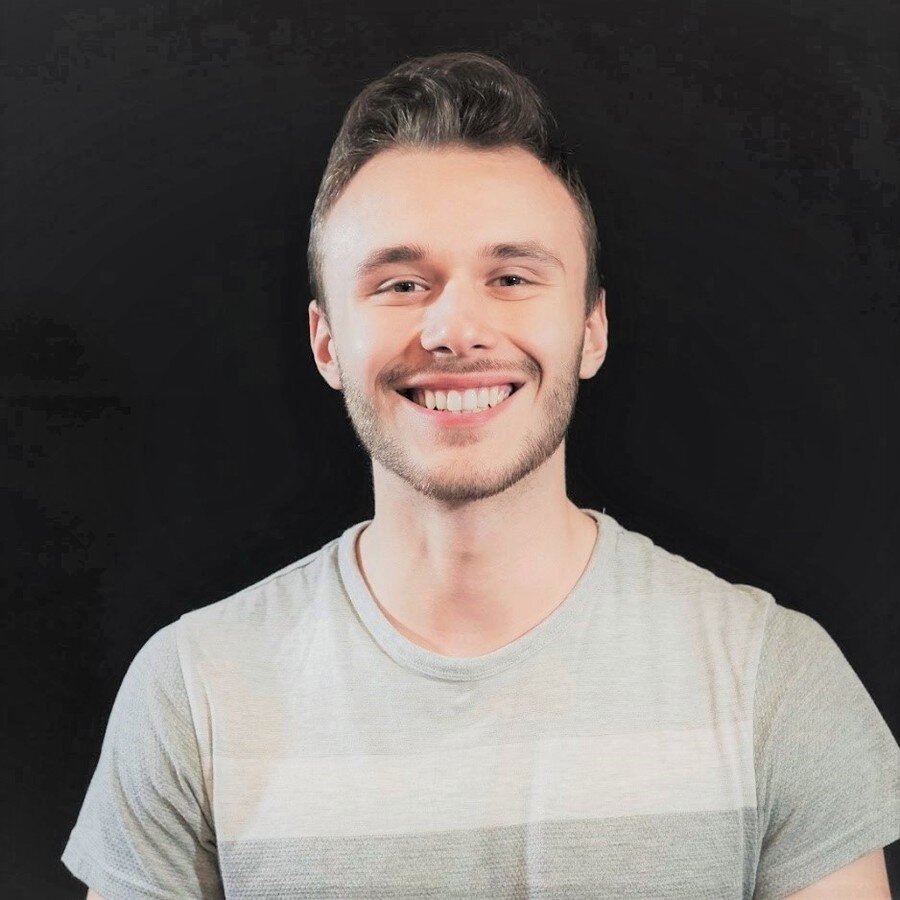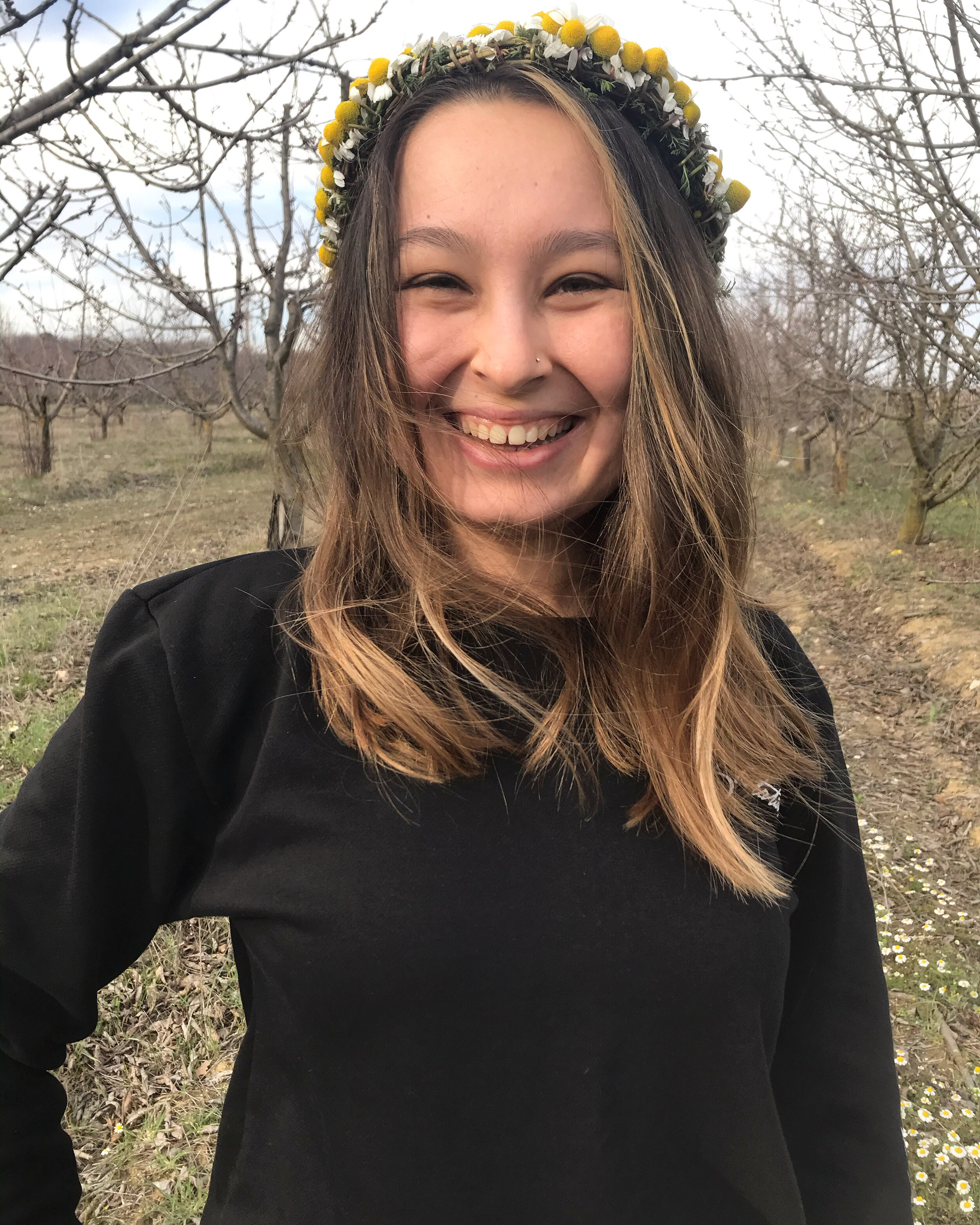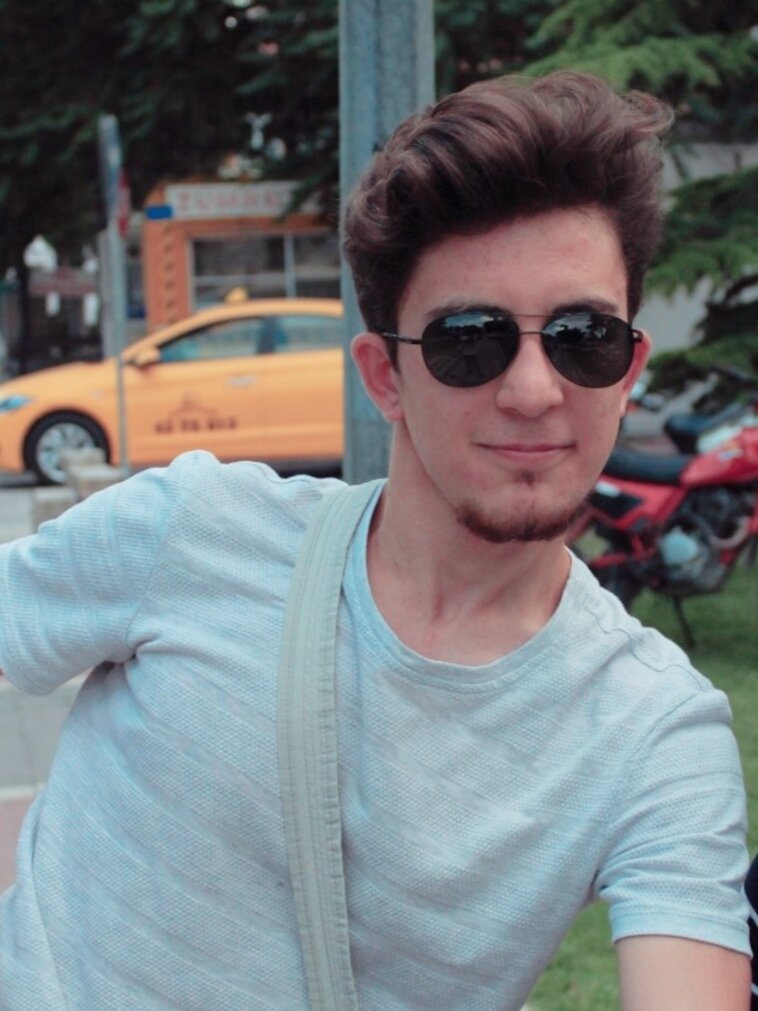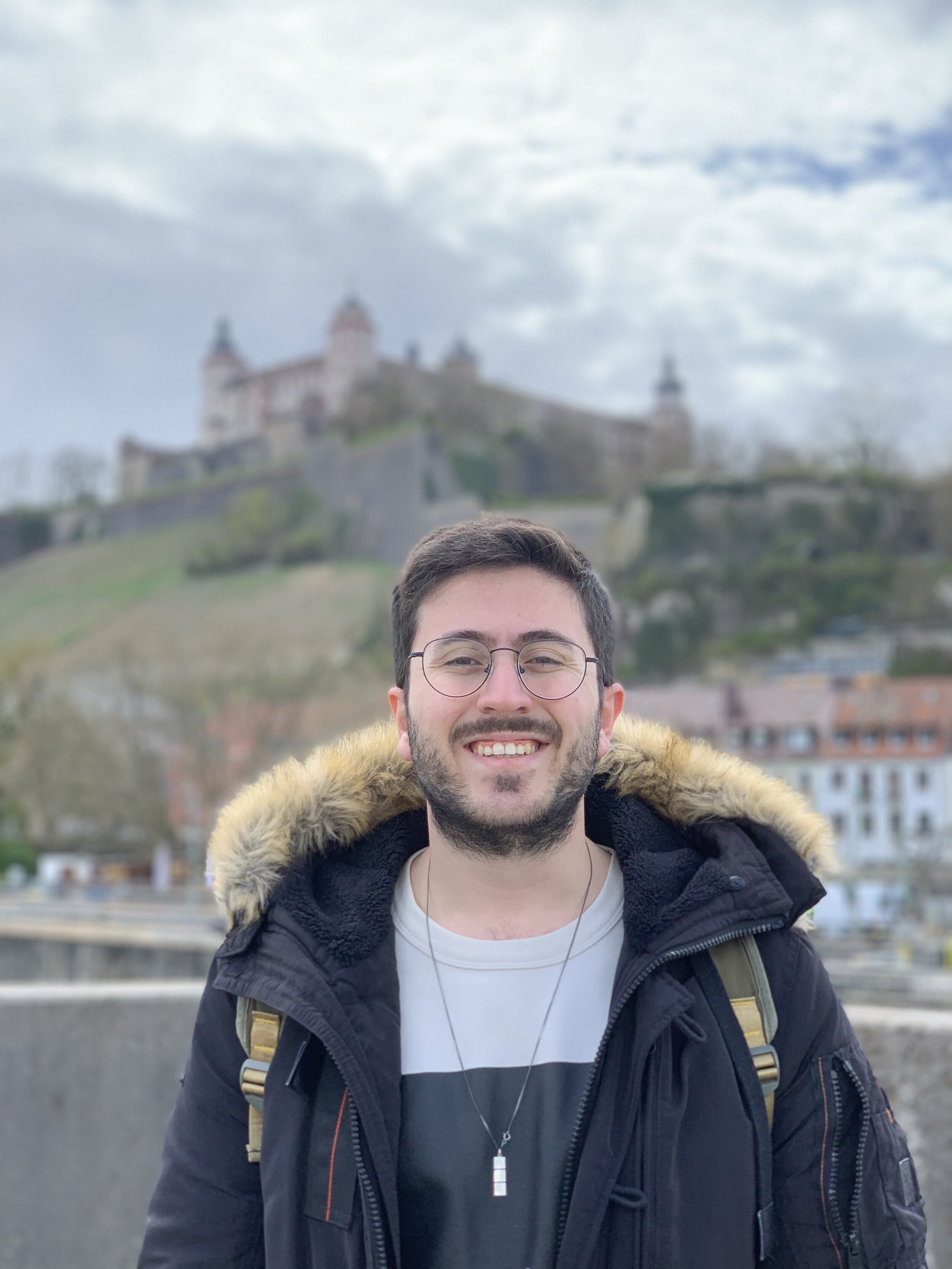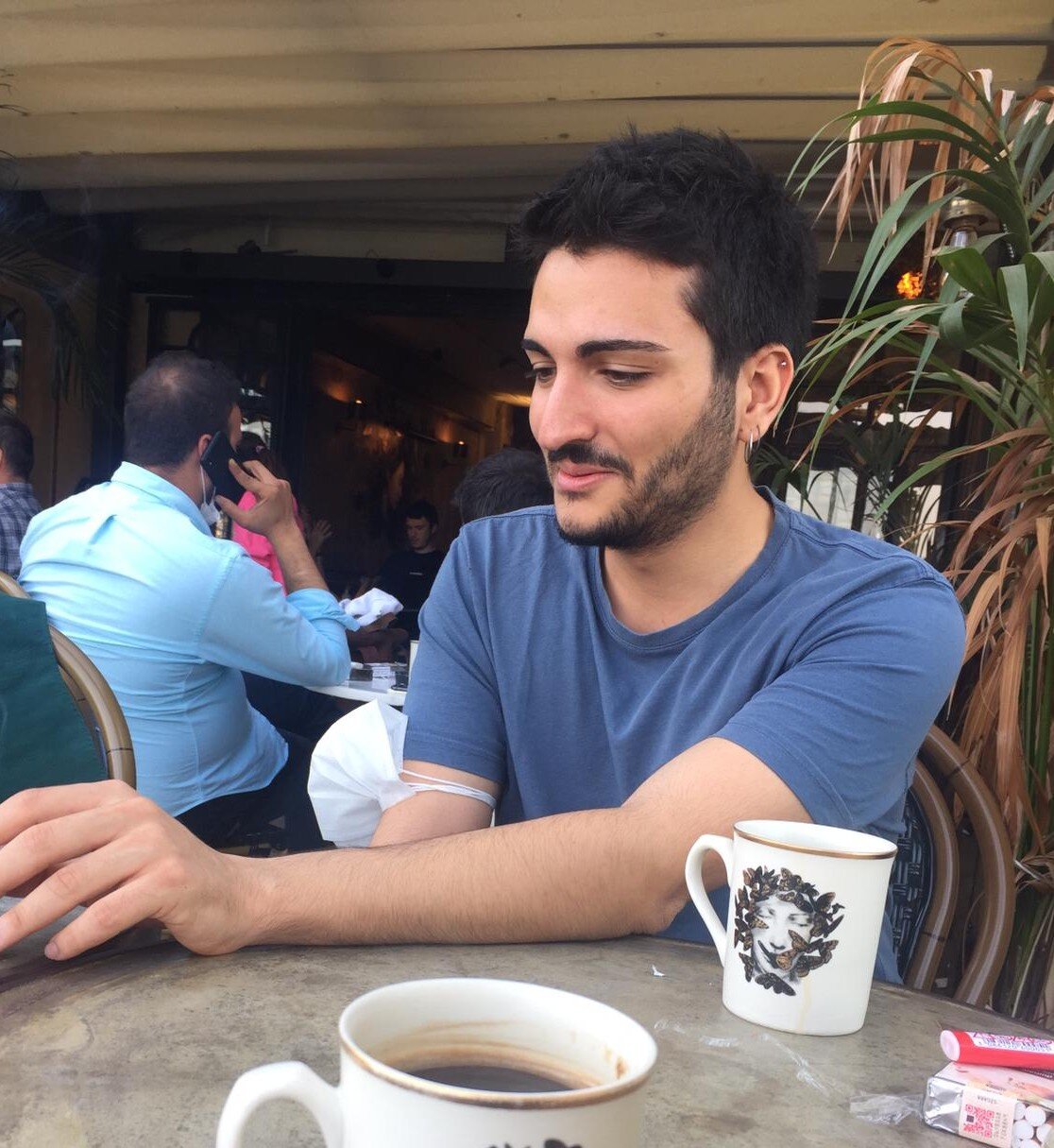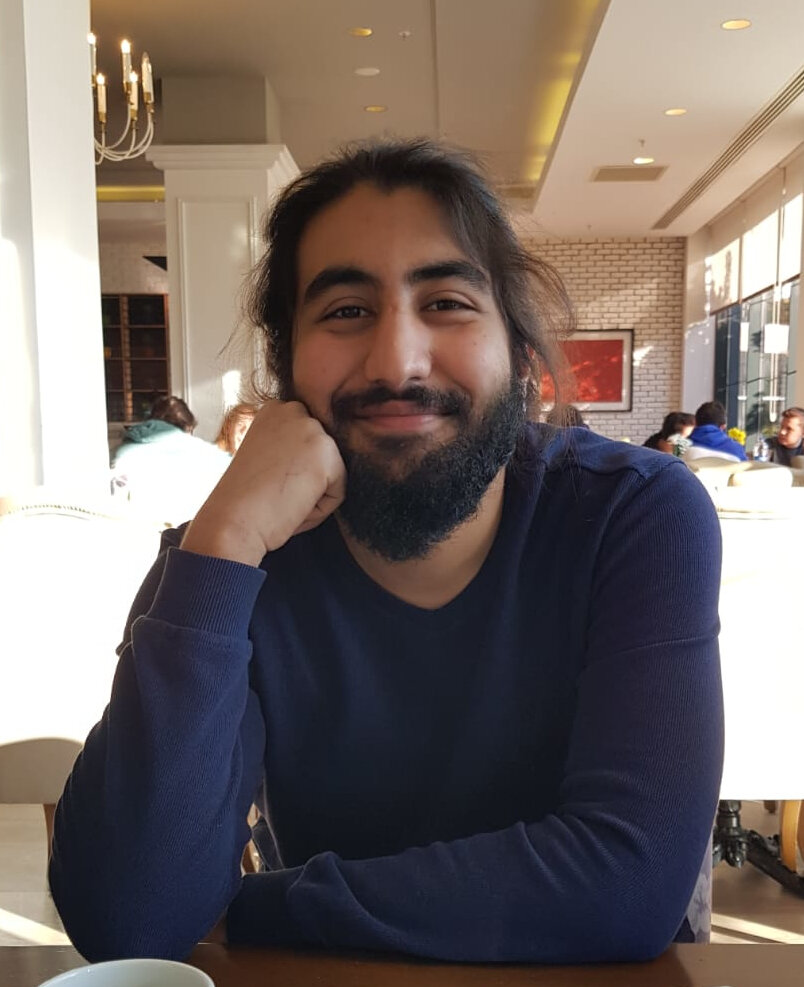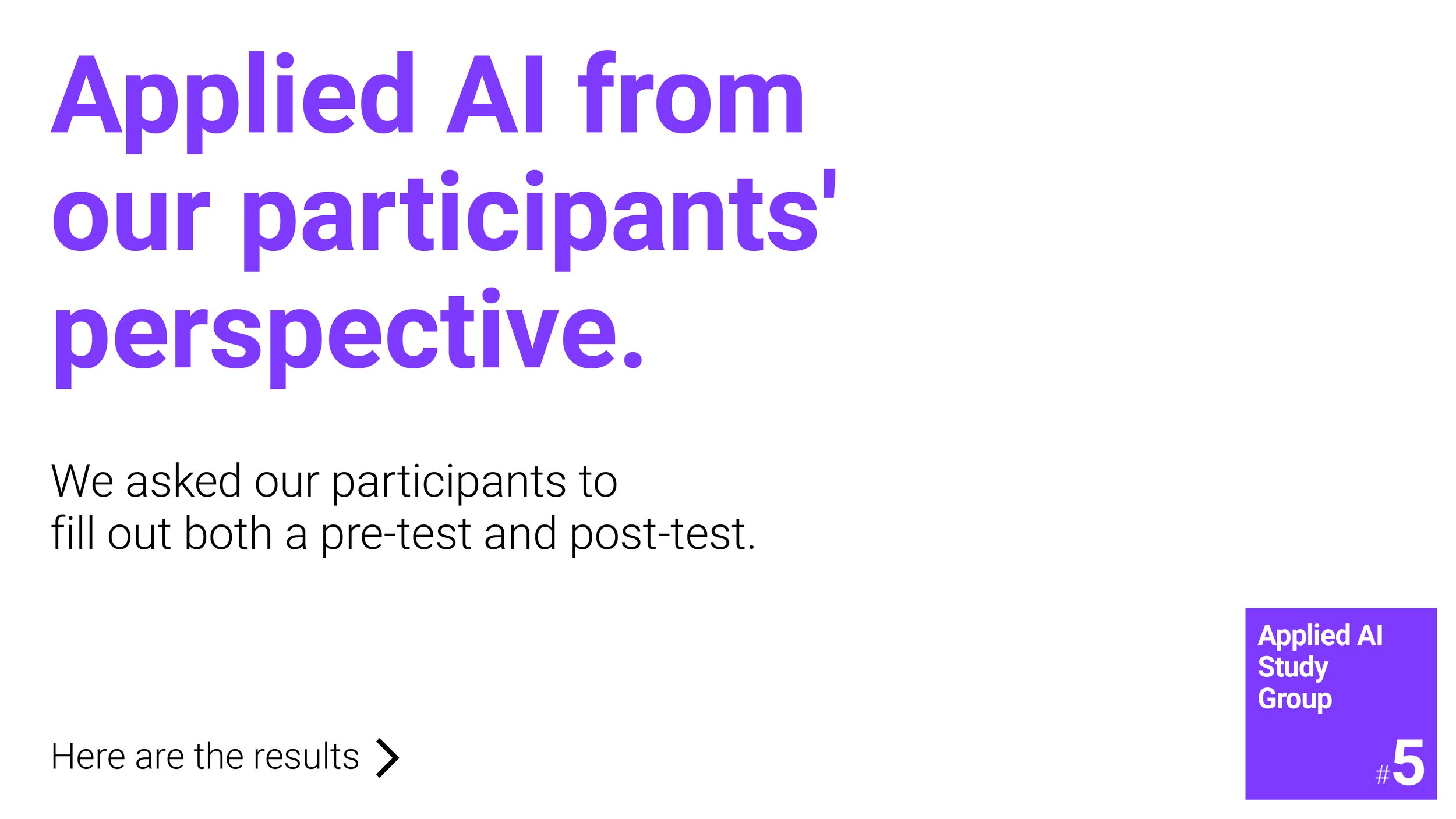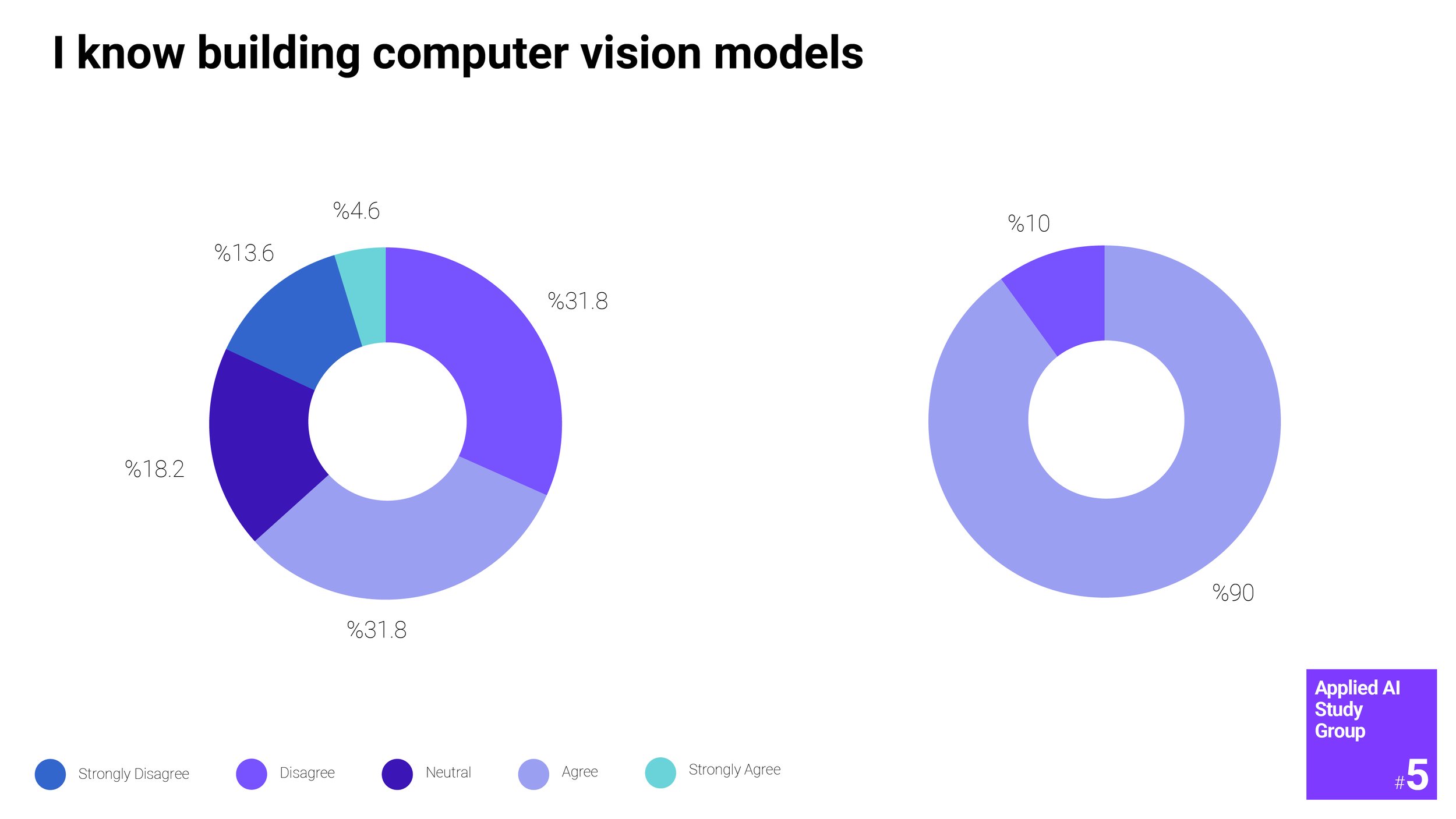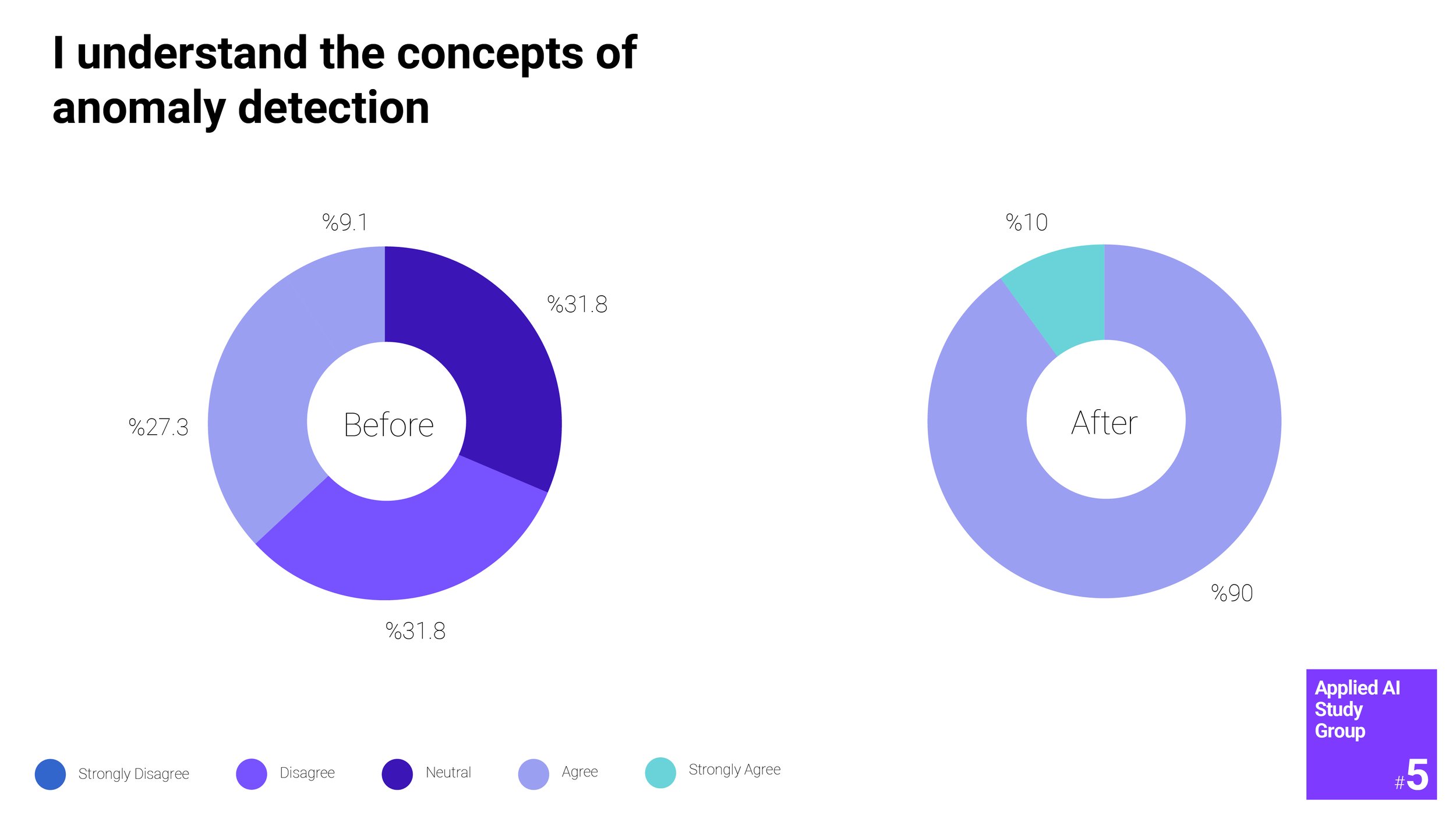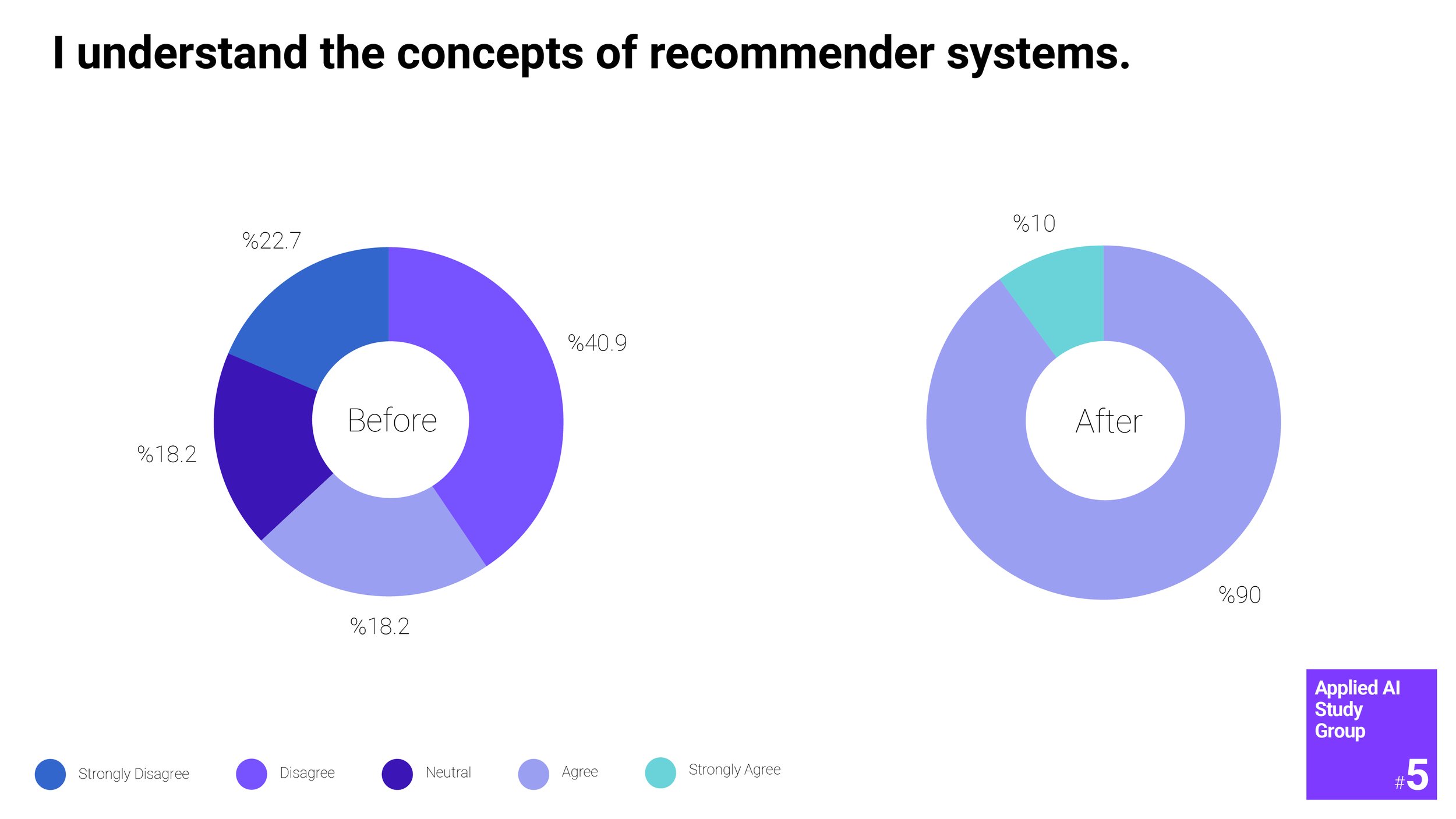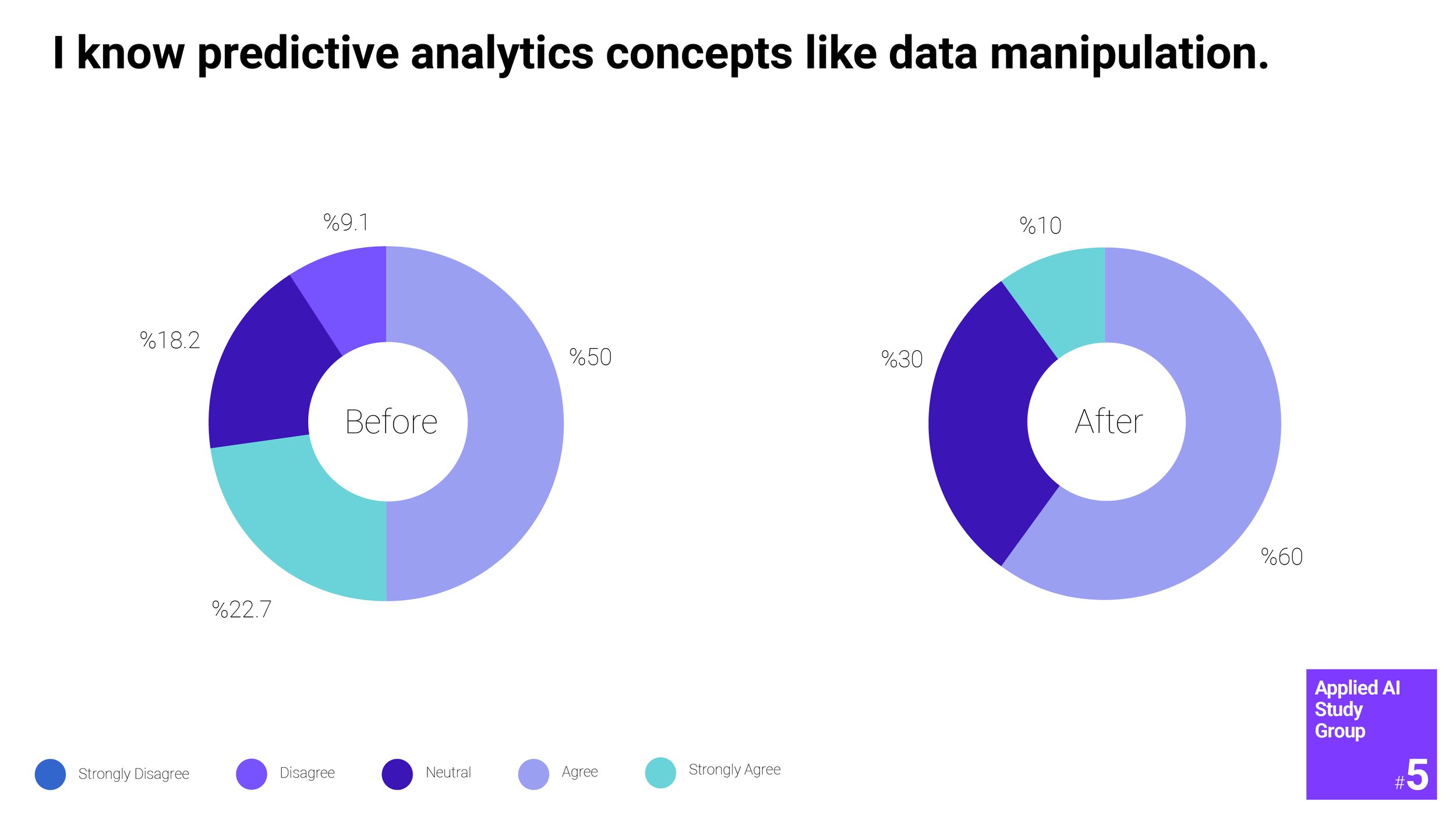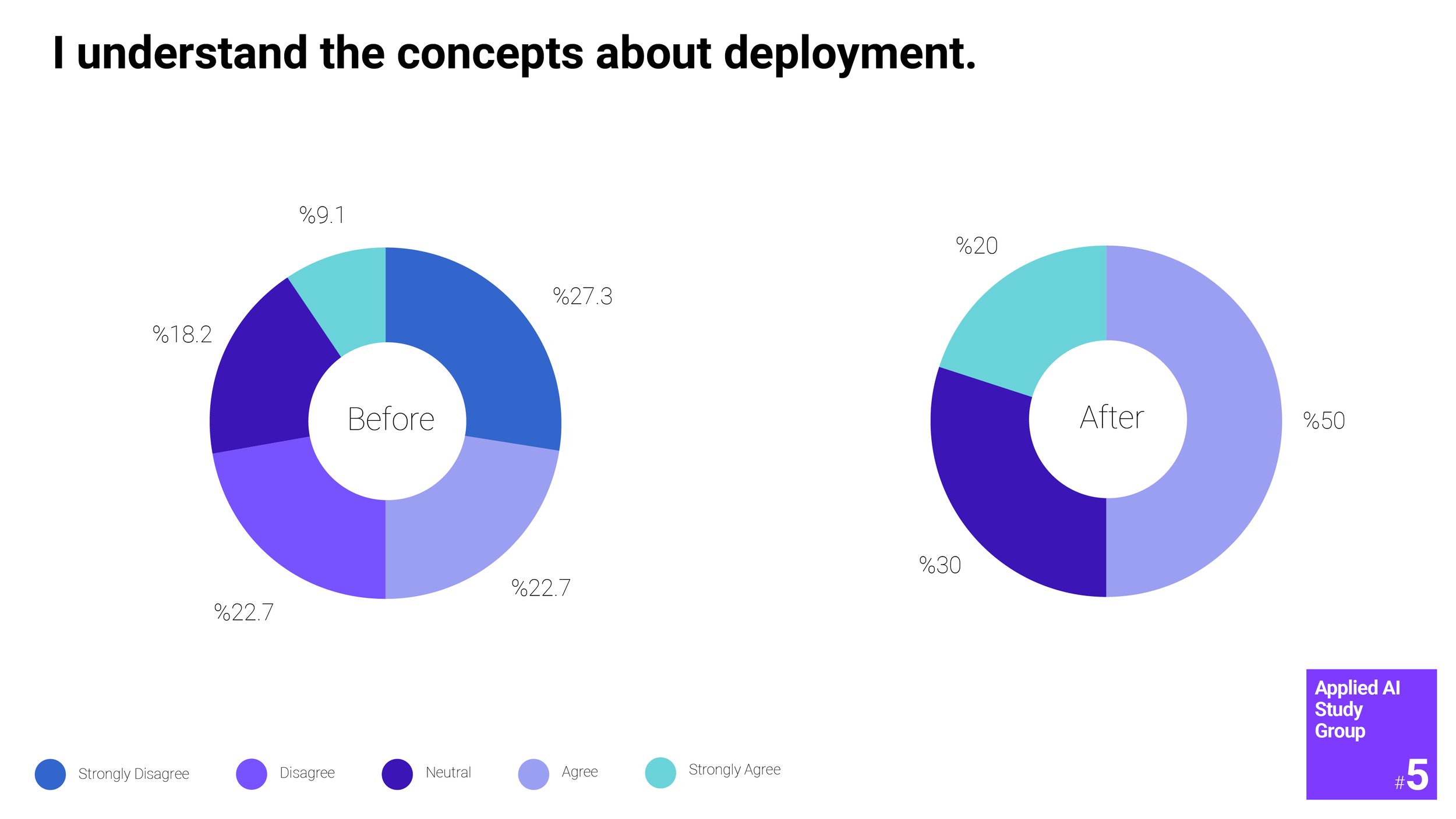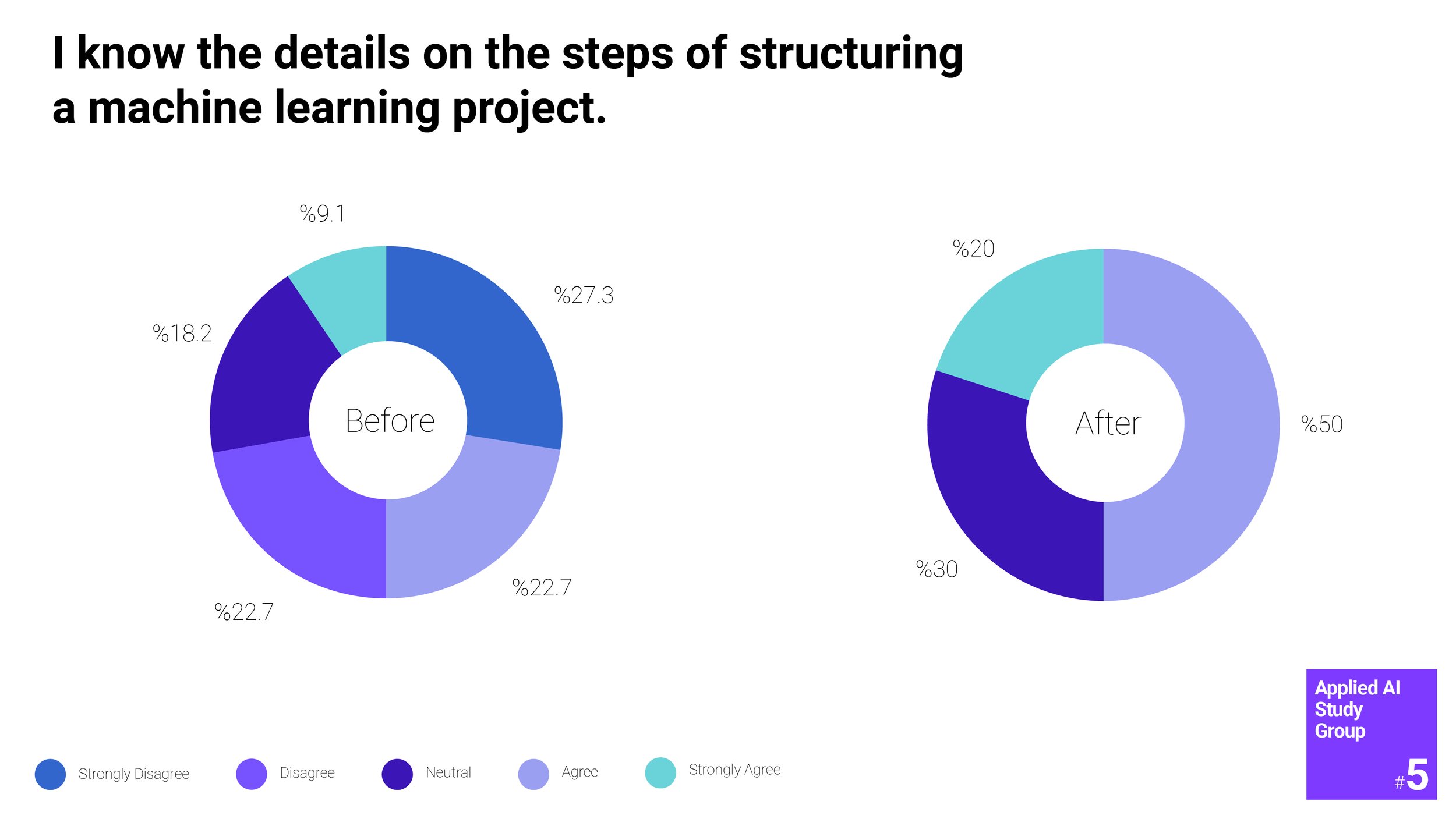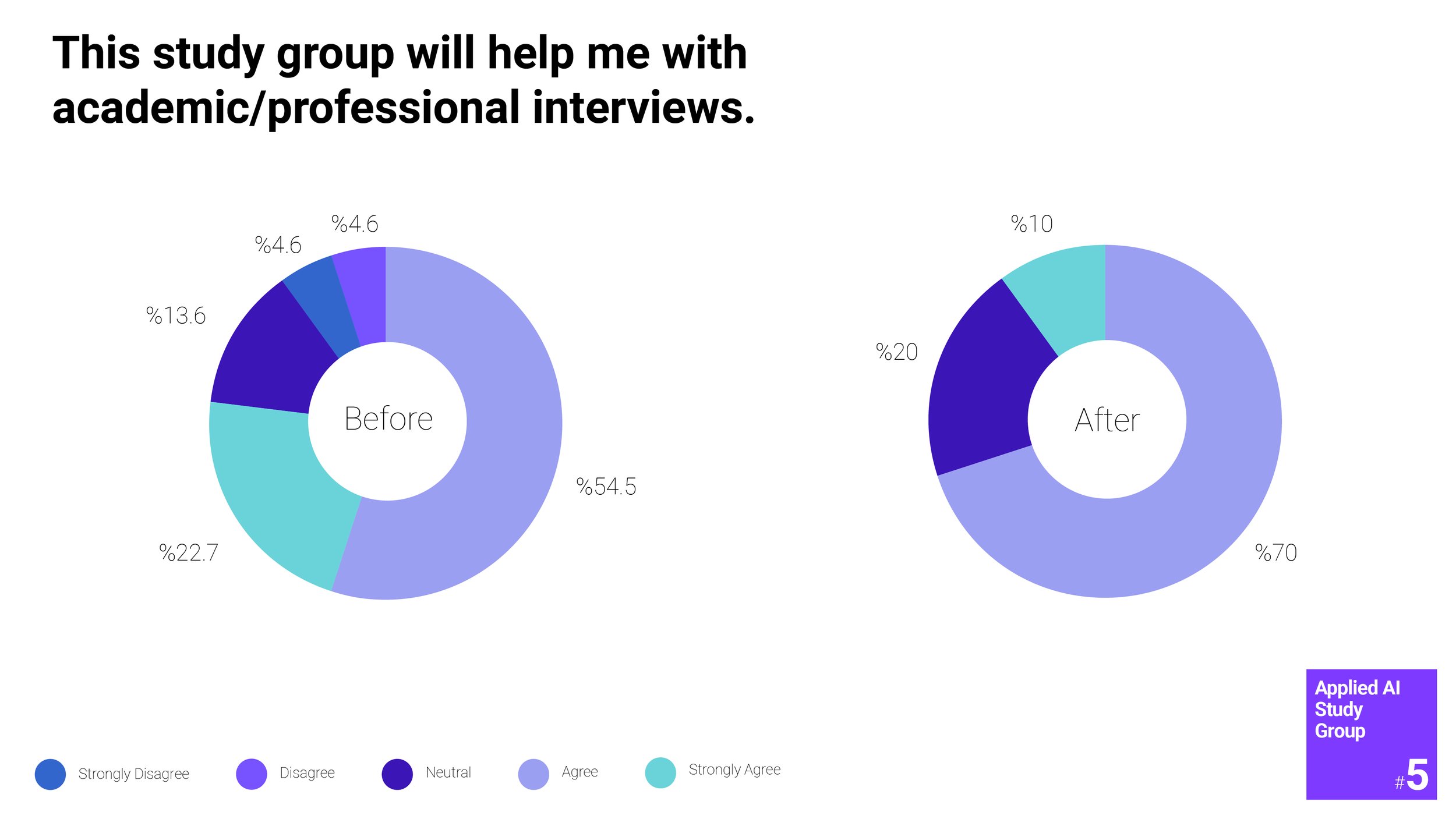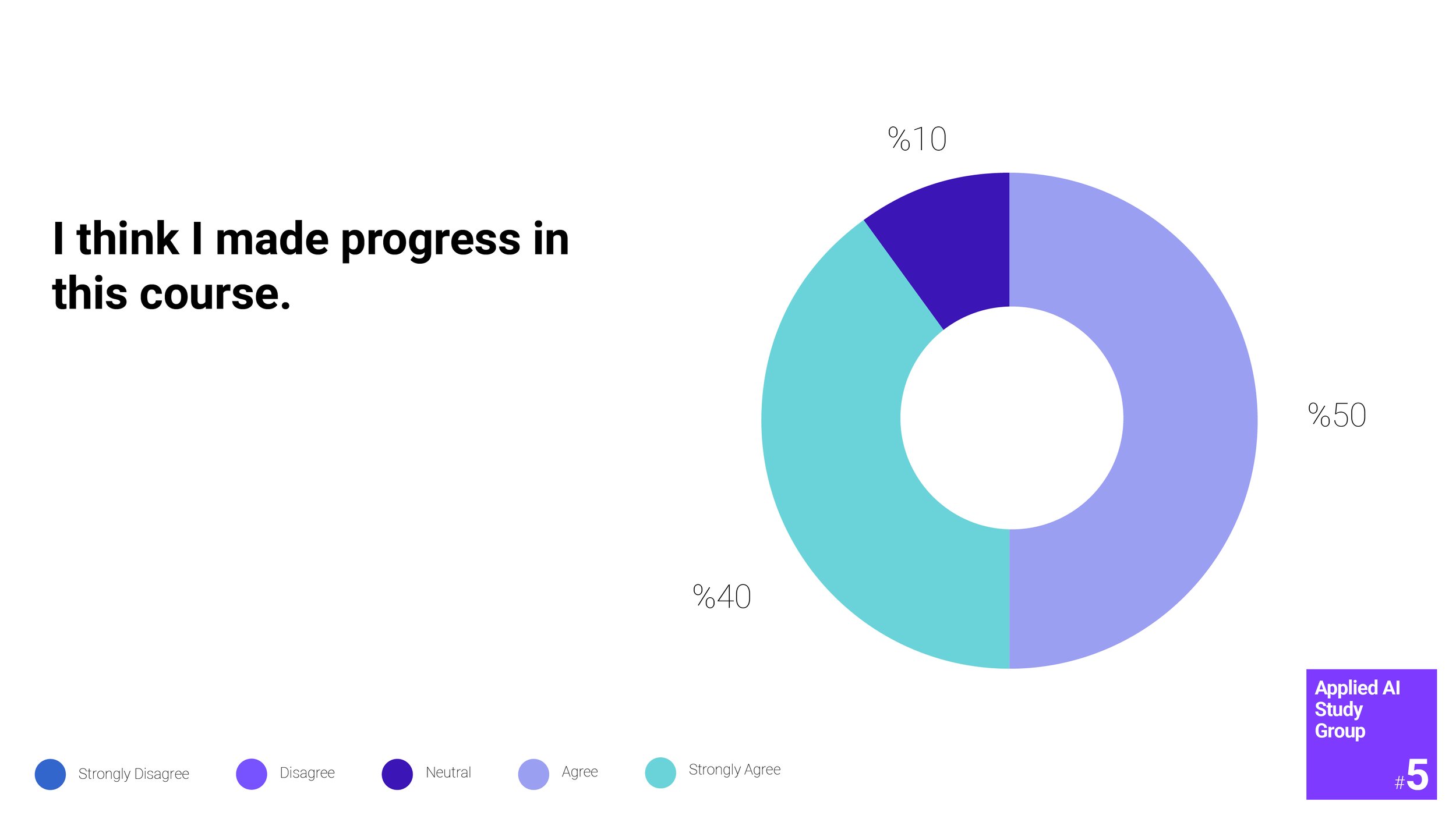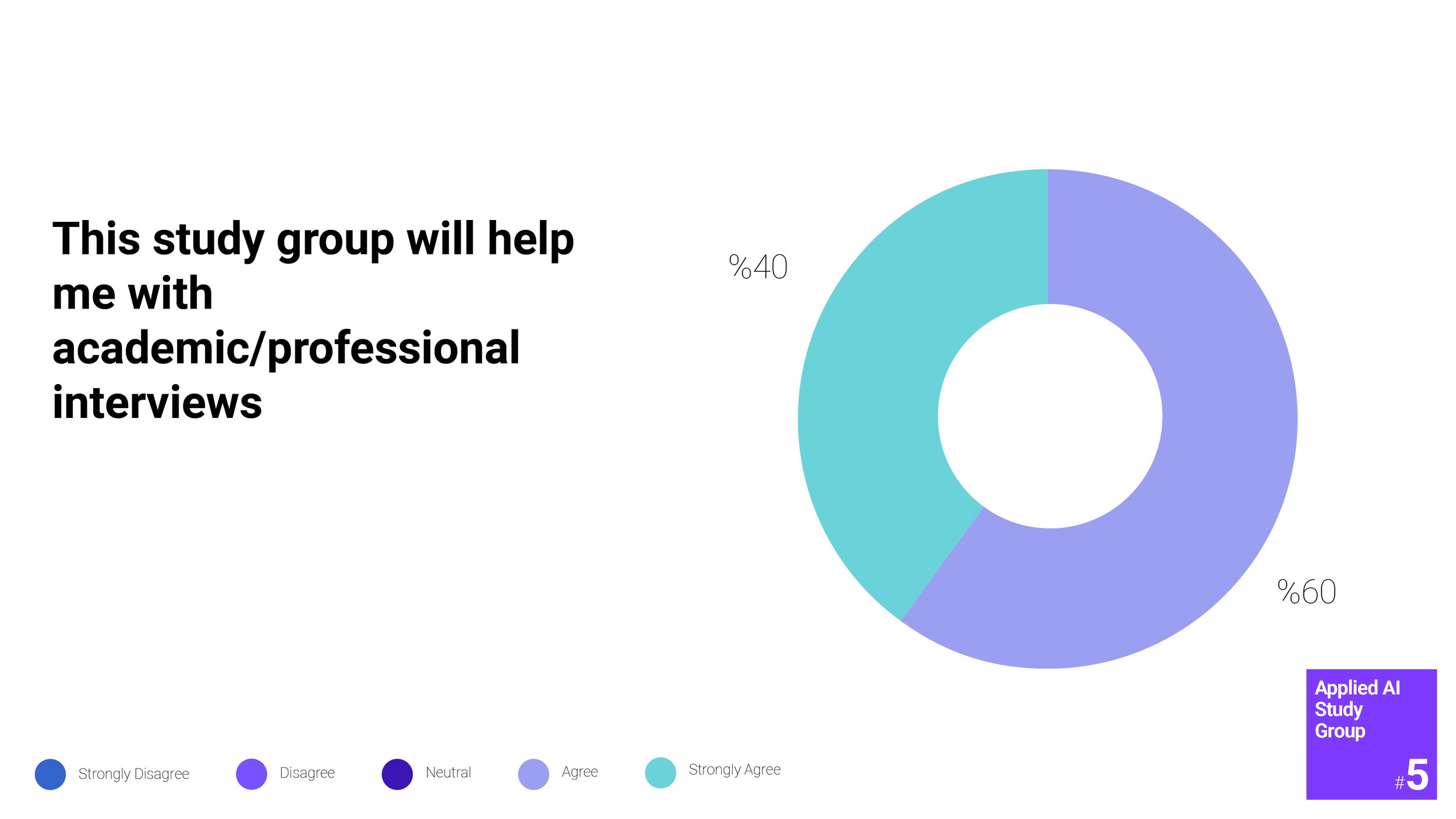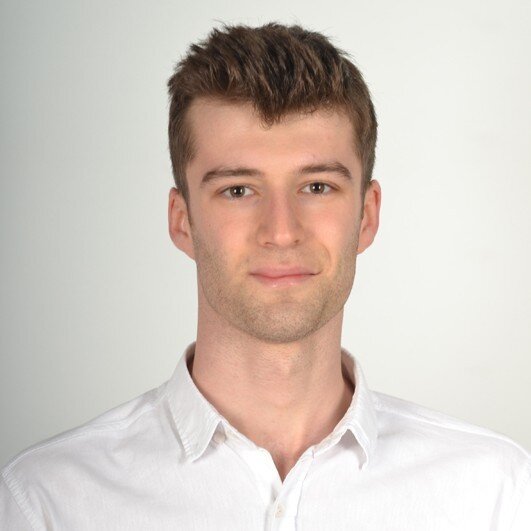Applied AI #5 Report
The fifth batch of our most coding packed program Applied AI Study Group was concluded, and it took place between July 24 and August 21 under the guidance of talented guides from our AI community. Our participants gained hands-on experience on popular computer science related topics such as natural language processing, computer vision, anomaly detection, predictive analytics in a fun, dynamic environment.
18 participants from 12 different universities graduated from this batch of the program after going through a strict elimination process, answering both theoretical and a coding question on HackerRank as well as completing an immense 5-week period. They had a productive summer, meeting each other online every Saturday and doing three assignments throughout the program. For those who missed the application process, all the content and assignments are uploaded to our GitHub repository as open source to benefit all the AI community.
This batch included an extra week as we updated the fifth batch of our Applied AI Study Group with a deployment week in which our participants worked on how to create a cloud server and learn tricks to serve their models in a real world setting with our guide Duygu Ay.
Our participants not only gained real life coding experience in this fast paced study group but also received feedback about their works from our guides Ahmet Melek, Duygu Ay, Enes Sadi Uysal, Halil Eralp Kocaş, Şafak Bilici and Uğur Ali Kaplan who have also been in their shoes as the former participants of inzva AI community. This program was the second step of the inzva AI journey, and the next stop for our participants is AI Projects #7, which will be taking applications until October 2!
Our Guides:
Take a look at what we have learned during the program!
July 24: Computer Vision led by Halil Eralp Kocaş
We worked on image classification problems with different deep learning frameworks such as TensorFlow, Keras, and PyTorch. We also focused on object localization and object detection using original notebooks to gain hands-on experience related to computer vision.
July 31: Anomaly Detection, Recommender Systems & Time Series led by Enes Sadi Uysal and Şafak Bilici
We focused on anomaly detection and imbalanced datasets. We moved on to various deep learning and machine learning models to perform anomaly detection, such as CatBoost, XGBoost, Isolation Forest, Autoencoders and TabNet. Then, we studied theoretical and practical aspects of Hyperparameter Optimization algorithms, such as Random Search, Grid Search and Bayesian Optimization. Lastly, we studied Recommender Systems using various algorithms and learned about time-series data and AI algorithms that process the data.
August 7: Natural Language Processing led by Ahmet Melek
We worked on NLP-related problems such as language modelling, neural machine translation, summarization and named entity recognition. We have also talked about various important concepts such as preprocessing and data formats, frameworks, model deployment, and being up to date with SOTA research.
August 14: Predictive Analytics led by Uğur Ali Kaplan
We reviewed the basics of machine learning by going over classical ML algorithms with scikit-learn. Then, we learned how to determine a baseline when faced with a new problem and how to make sure your model is learning something. We introduced MLFlow for experiment tracking and Ray Tune for distributed hyperparameter search for both classical and deep learning models. After talking about overcoming common data problems using NumPy, Pandas, and imblearn libraries, we introduced ensemble models with Scikit-learn and LightGBM.
August 21: Deployment led by Duygu Ay
In our final week, we aimed to familiarize the participants with the ways to deploy machine learning and deep learning models to a production environment. We began by learning how to set up a cloud server, then we figured out the tricks for serving our model using Nginx, Uwsgi, and Flask. We talked about the capabilities and challenges of production systems. At the end of the week, participants learned all about sharing their work with the world.
HOW DID OUR PARTICIPANTS DO?
COMMUNITY FEEDBACK
Meftun Aksu
“Applied AI was a program organized by inzva and I learned a lot from it. We gained hands-on coding experience. Besides the practice, I learned the theory very well. I gained experience in different areas of artificial intelligence such as computer vision, NLP and machine learning. The program is progressing very systematically. There are enlightening assignments, notebooks, live lessons and homework solutions. When you graduate from this program, you become industry ready. The theoretical knowledge of the guides was excellent. Their energy and motivation were unbelievable. I am glad to be a part of the inzva family again. Thanks inzva.“
All participants have to abide by our CODE OF CONDUCT and LETTER OF CONSENT.
A BEV Foundation project inzva is a non-profit hacker community organizing study and project groups as well as camps in the fields of AI and Algorithm; and gathering CS students, academics and professionals in Turkey.
Follow us on our social media accounts to have the most recent news about our upcoming events and programs!

